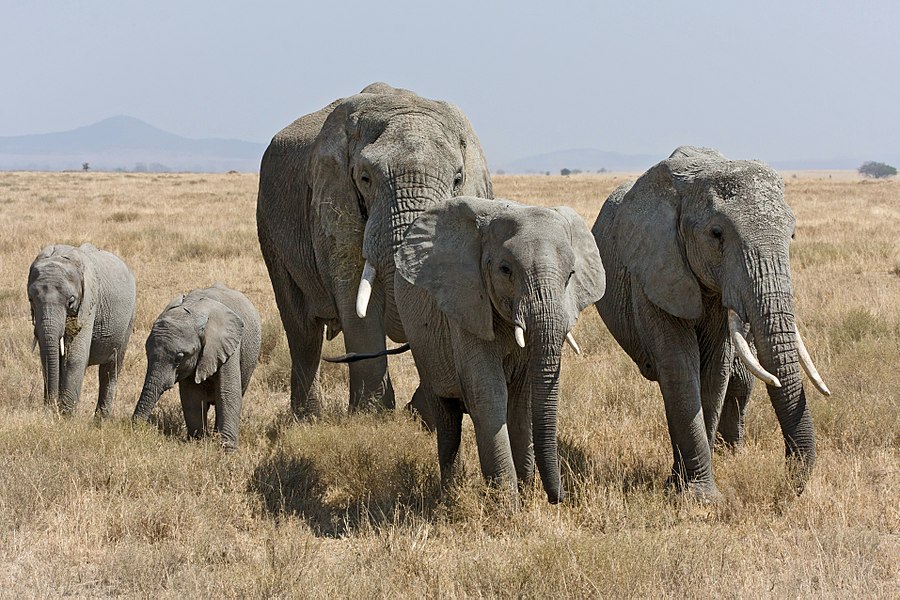Facts About Elephant
Elephants, the largest land mammals on Earth, belong to the Elephantidae family within the Proboscidea order. There are three primary species: the African bush elephant, the African forest elephant, and the Asian elephant. Renowned for their long trunks, tusks, large ears, sturdy legs, and tough yet sensitive skin, elephants are truly exceptional creatures. Their trunks are incredibly versatile, serving functions such as breathing, feeding, and grasping objects, while their tusks, which are actually enlarged incisor teeth, function as tools and weapons. Their large ears facilitate thermoregulation and also play a role in communication.
These gentle giants are herbivores, inhabiting diverse environments across sub-Saharan Africa, South Asia, and Southeast Asia, including savannahs, forests, deserts, and marshes. Elephants are keystone species, vital to their ecosystems due to their significant impact on the environment. Predators like lions, tigers, hyenas, and wild dogs generally pose a threat only to young elephants.
Elephants live in a social structure known as a fission-fusion society. Female elephants form matriarchal family groups, while males leave the group at puberty, living either solitarily or joining other males in bachelor groups. Male elephants undergo a period called musth, characterized by increased aggression and elevated testosterone levels, enhancing their mating prospects.
In the wild, elephants can live up to 70 years. They communicate through touch, sight, smell, sound, and even seismic signals. Elephants are highly intelligent, displaying self-awareness and empathy, traits shared with primates and cetaceans.
Unfortunately, African elephants are classified as vulnerable, and Asian elephants are endangered due to threats such as the ivory trade, habitat destruction, and human-wildlife conflict. Conservation efforts include legal protections, awareness campaigns, and habitat preservation initiatives.
Historically, elephants have been employed for various purposes, including as working animals and in warfare. They are also featured in zoos and circuses, though their use in entertainment has sparked controversy over animal welfare concerns.
Elephants hold a special place in many cultures and religions, symbolizing strength, wisdom, and power. They are often depicted in art, literature, religion, and popular culture, celebrated as icons of exotic beauty and exemplary behavior, particularly in children’s stories.

 Cameroon
Cameroon